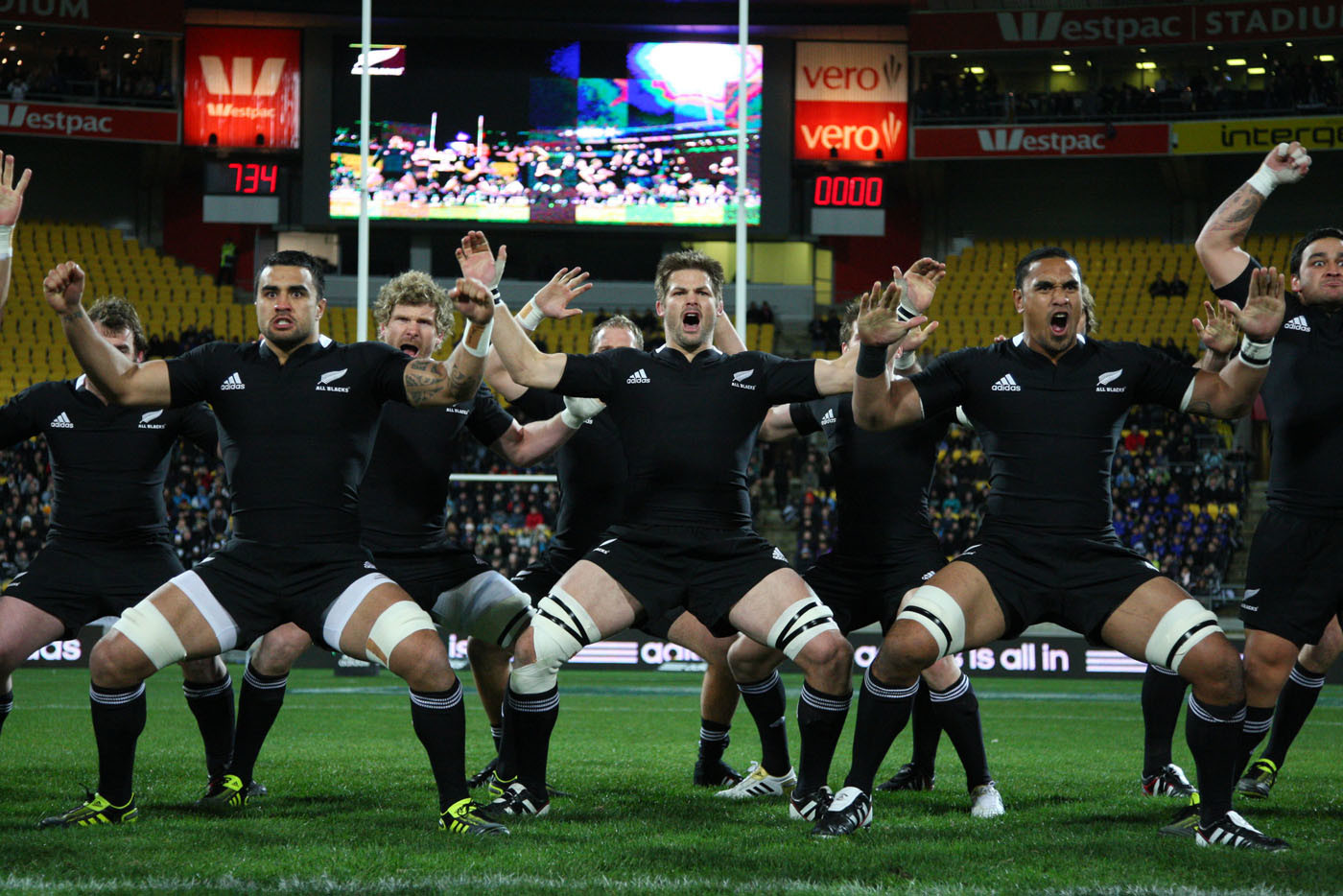
Family values, are traditional or cultural – that is, values passed on from generation to generation within families – that pertain to the family’s structure, function, roles, beliefs, attitudes, and ideals.
There are also the moral and ethical principles traditionally upheld and transmitted within a family, as honesty, loyalty, industry, and faith and are traditionally learned or reinforced within a family, such as those of high moral standards and discipline.
This is not just a Christian view either as interpretations of Islamic and Arab culture states that as an indisputable fact in the academic literature the family is regarded as the main foundation of Muslim society and culture; the family structure and nature of the relationship between family members are influenced by the Islamic religion.
Who serves the best example of these values?
We can take many values from successful sporting teams, as they tend to transcend normality and fill a unique space in our lives. In researching this article I was both surprised and heartened to learn that the most successful sporting team in history is the New Zealand All Blacks rugby team.
LOG IN TO READ PREMIUM ARTICLE
[ihc-hide-content ihc_mb_type=”show” ihc_mb_who=”reg” ihc_mb_template=”” ]
New Zealand’s win-rate over the last 100 years is over 75 percent. It’s a phenomenal record, and an achievement matched by no other elite team, in any code.
However, back in 2004, something was wrong. The 2003 World Cup had gone badly and, by the start of the following year, senior All Blacks were threatening to leave. Discipline was drunk and disorderly, and to make things worse, the All Blacks were losing.
In response, a new management team under Graham Henry began to rebuild the world’s most successful sporting team from the inside out. They wanted a fresh culture that placed emphasis on individual character and personal leadership.
Their mantra? “Better People Make Better All Blacks”
The result? An incredible win-rate of just over 86 percent, and a Rugby World Cup.
In early 2010, James Kerr had the privilege of going deep inside the All Blacks camp for five weeks alongside Monaco-based photojournalist Nick Danziger. It was a unique opportunity to study the way the best in the world stay on top of their game.
Here are five lessons in leadership that I learnt from reading Mr Kerr’s book, “Legacy”.
Sweep the sheds
Before leaving the dressing room at the end of the game, some of the most famous names in world rugby – including Richie McCaw, Dan Carter and Mils Muliana – stop and tidy up after themselves. They literally and figuratively “sweep the sheds”.
Former All Black Andrew Mehrtens describes it as an example of personal humility, a cardinal All Blacks value.
Though it might seem strange for a team of imperious dominance, humility is core to their culture. The All Blacks believe that it’s impossible to achieve stratospheric success without having your feet planted firmly on the ground.
Follow the spearhead
In Maori, whānau means “extended family”, and it’s symbolised by the spearhead.
Though a spearhead has three tips, to be effective, all of its force must move in one direction. The All Blacks select on character as well as talent, which means some of New Zealand’s most promising players never pull on the black jersey.
Champions do extra
Former All Black Brad Thorn’s mantra, “Champions Do Extra”, helped him become one of the single most successful players in rugby history. The philosophy simply means finding incremental ways to do more – in the gym, on the field, or for the team. It is much like the philosophy of marginal gains used by Team Sky in Cycling. A focus on continual improvement, the creation of a continual learning environment, and a willingness to spill blood for the jersey was at the core of Graham Henry’s All Black culture.
Keep a blue head
Following their arguably premature exit at the 2003 World Cup, the All Blacks worked with forensic psychiatrist Ceri Evans to understand how the brain works under pressure. They wanted to overcome their habit of choking.
“Red Head” is an unresourceful state in which you are off task, panicked and ineffective.
“Blue Head”, on the other hand, is an optimal state in which you are on task and performing to your best ability.
The All Blacks use triggers to switch from Red to Blue. Richie McCaw stamps his feet, literally grounding himself, while Kieran Read stares at the farthest point of the stadium, searching for the bigger picture.
Using these triggers, the players aim to achieve clarity and accuracy, so they can perform under pressure.
Leave the jersey in a better place
The All Blacks have long had a saying: “Leave the jersey in a better place.” Their task is to represent all those who have come before them – from George Nepia to Sir Colin Meads, and from Michael Jones to Jonah Lomu, and all those who follow suit. An All Black is, by definition, a role model to schoolchildren across New Zealand.
Understanding this responsibility creates a compelling sense of higher purpose. It’s a good lesson for us all: if we play a bigger game, we play a more effective game.
Better people make better All Blacks – but they also make better doctors and lawyers, bankers and businessmen, fathers, brothers, and friends.
Conclusions
Every family is strengthened by having a shared goal for the family’s wealth and agreeing upon a set of values, which all generations wish to exhibit and live by.
Many families who successfully transition wealth through multiple generations have a unique set of values, which express their world-view and the principles that family members choose to embody. When a family has the courage to examine the qualities it wishes to uphold, the process is unifying and deeply fulfilling for all members of the family across all generations.
A 21st-century approach to Estate Planning begins by creating a compact across generations, whereby the whole family organises themselves around a shared long-term goal. In families, unlike in business, “long-term” equates to at least three to four generations or 100 years.
The family will agree on how they wish to reach decisions together as the family grows in size. They will consider whether wealth transitions per stirpes or per capita. Most importantly, however, once the family have agreed on their shared long-term goal across the generations, they will agree on a common set of values which they all subscribe to and which binds them together.
This process enables a family to resolve underlying issues and tensions, which might cause conflict at a later date. More importantly, our approach is specifically designed to create real affinity between family members across generations.
When family values are defined in this context, they establish a framework of common understanding and cooperation, which can last for generations.
A family can therefore have the same dreams and aspirations as a sports team and uphold these core beliefs over many decades and lifetimes.
“Vision without action is a dream. Action without vision is a nightmare.”
“The fight is won or lost,’ says Muhammad Ali, “far away from witnesses – behind the lines, in the gym, and out there on the road, well before I dance under the lights.”
Article first published June 13, 2017. Mark Estcourt is CEO of Cavendish Family Office in London. For more information, see cavfo.com.
READ ALSO
[/ihc-hide-content]
